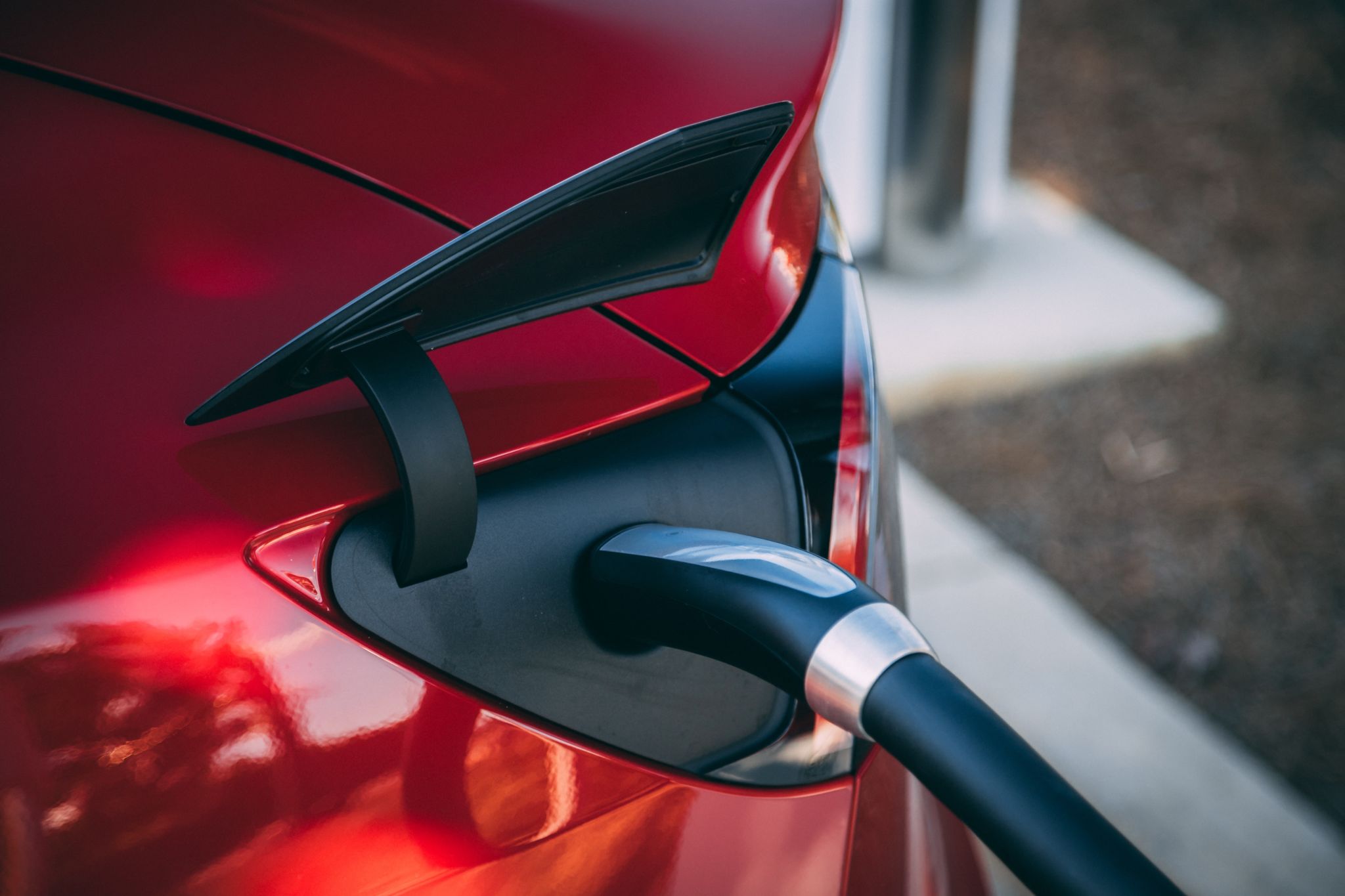Electric cars and trucks have higher safety ratings from major government agencies, reduced odds of injury in the case of an accident, lower personal injury claims, lower risk of rollover crashes, and reduced risk of fire in the case of an accident. Although EV fires behave differently than gas fires, they occur at much lower rates than gas cars: for every 100,000 electric cars sold, just 25 experience a fire, compared to 1,529 for gas cars. Altogether, electric cars and trucks already achieve high safety standards and are poised to get safer as automakers design and manufacture more models.
Electric cars are at least as safe as gas cars, and are getting safer over time.
- Rates of injury claims related to the drivers and passengers of electric cars were 40 percent lower compared to similar gas-powered models between 2011 and 2019.
- All electric cars on the market must meet the Federal Motor Vehicle Safety Standards and undergo the same rigorous safety testing as gas cars. EVs perform similarly to their traditional counterparts in crash tests and tend to score higher safety ratings than cars with gas and diesel engines.
The risk of a fire is significantly lower in an electric car than in a gas car.
- Electric cars and trucks are not inherently more prone to fires — Teslas are just 1/10th as likely to catch fire as gas cars, for example — but electric car fires tend to burn longer and are more difficult to put out.
- Battery fires behave differently than gasoline blazes and require unique fire fighting techniques, so it’s important for fire departments to develop protocols and training to handle battery fires as electric cars and trucks become more common.
- Although it is possible for electric car batteries to malfunction and catch fire while they are turned off and charging, gas cars are over 60 times more likely to catch fire than an electric car. For every 100,000 electric cars sold, just 25 experience a fire, compared to 1,529 for gas cars.
- The 2020 recall of Chevrolet Bolt models, amid reports of fires when the cars were plugged in, was the largest recall of electric cars ever. But the top 10 auto recall list for 2019 was all gas-powered vehicles and it was determined that the Bolt recall was not a battery technology problem, but a manufacturing quality issue.
- In the rare case of fire, the liquid electrolyte in the battery is the piece that poses the safety risk. Automakers and researchers are already developing a new generation of non-flammable electrolytes and solid-state batteries that don’t rely on flammable liquids.
Electric cars have unique design and safety features that make them safer to drive than gas cars.
- Electric cars and trucks have some unique safety advantages. Unlike internal combustion engines, batteries can be placed almost anywhere, allowing electric cars to have lower centers of gravity, structural reinforcements, and large crumple zones.
- Heavier cars are generally safer in collisions, and because of their large batteries, electric cars tend to be heavier than gas cars. Their design also makes them less likely to roll over.
- Batteries actually become safer as they age due to their reduced energy potential, even though an average car battery holding 50 kilowatt-hours will still retain at least 80 percent of its capacity after 10 years of use.


